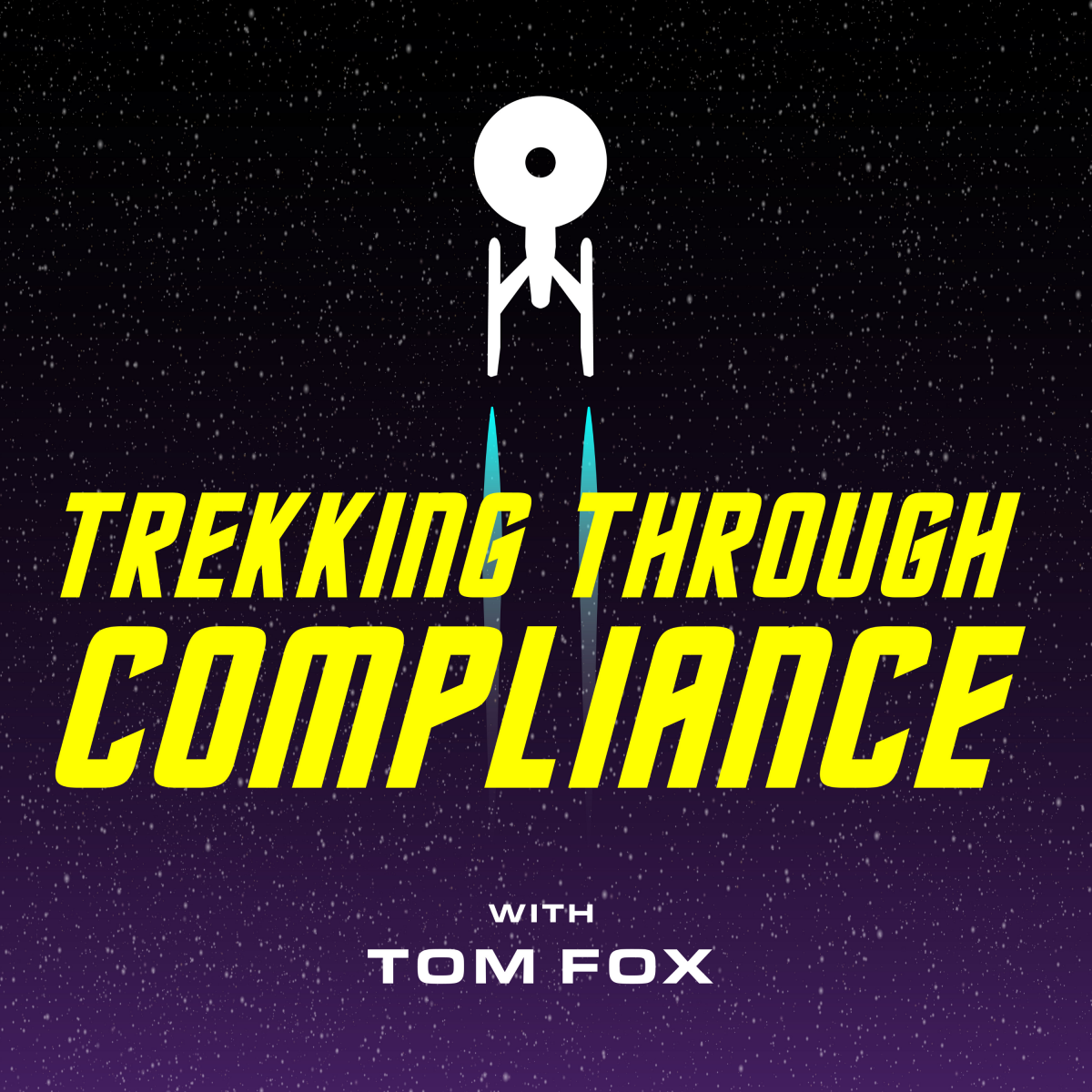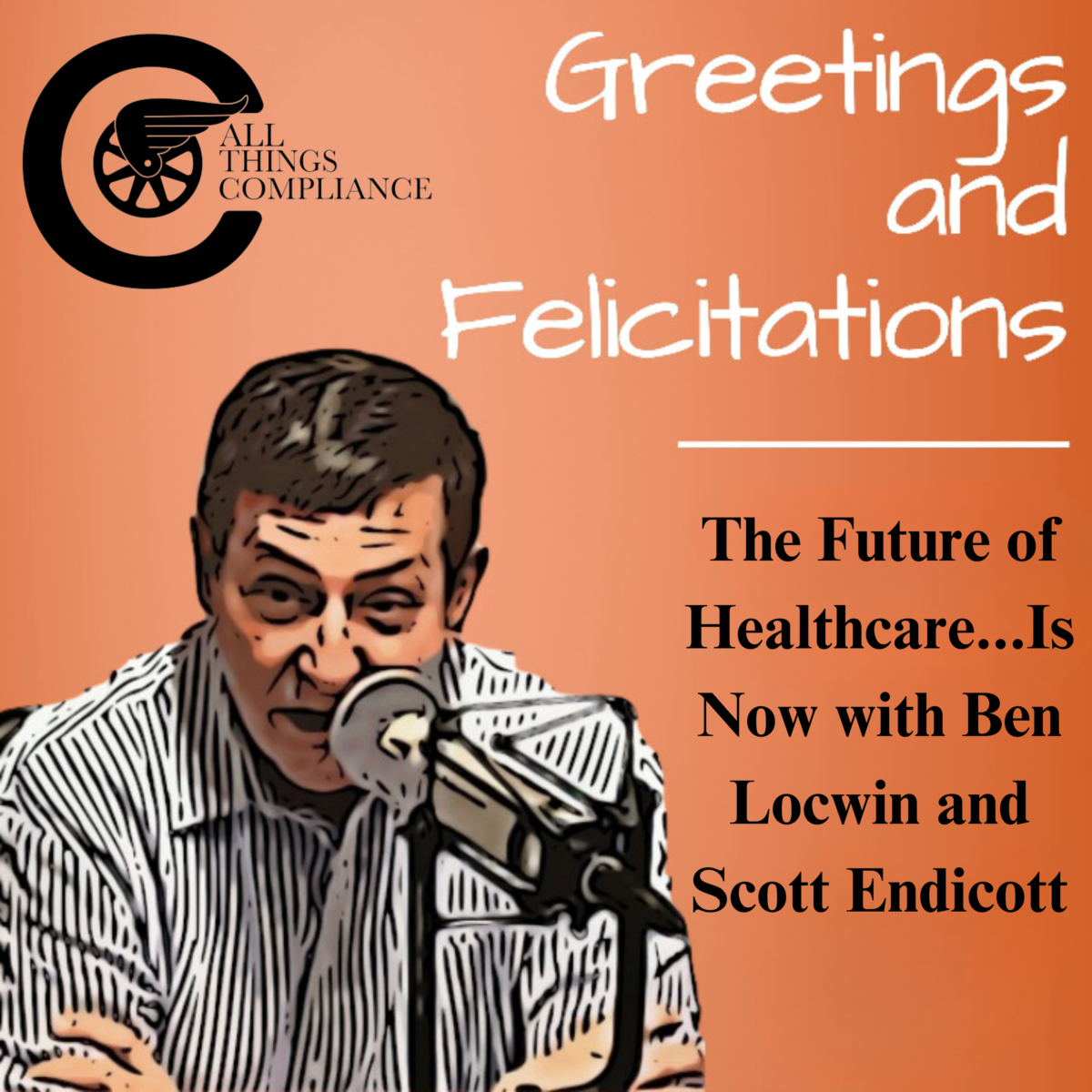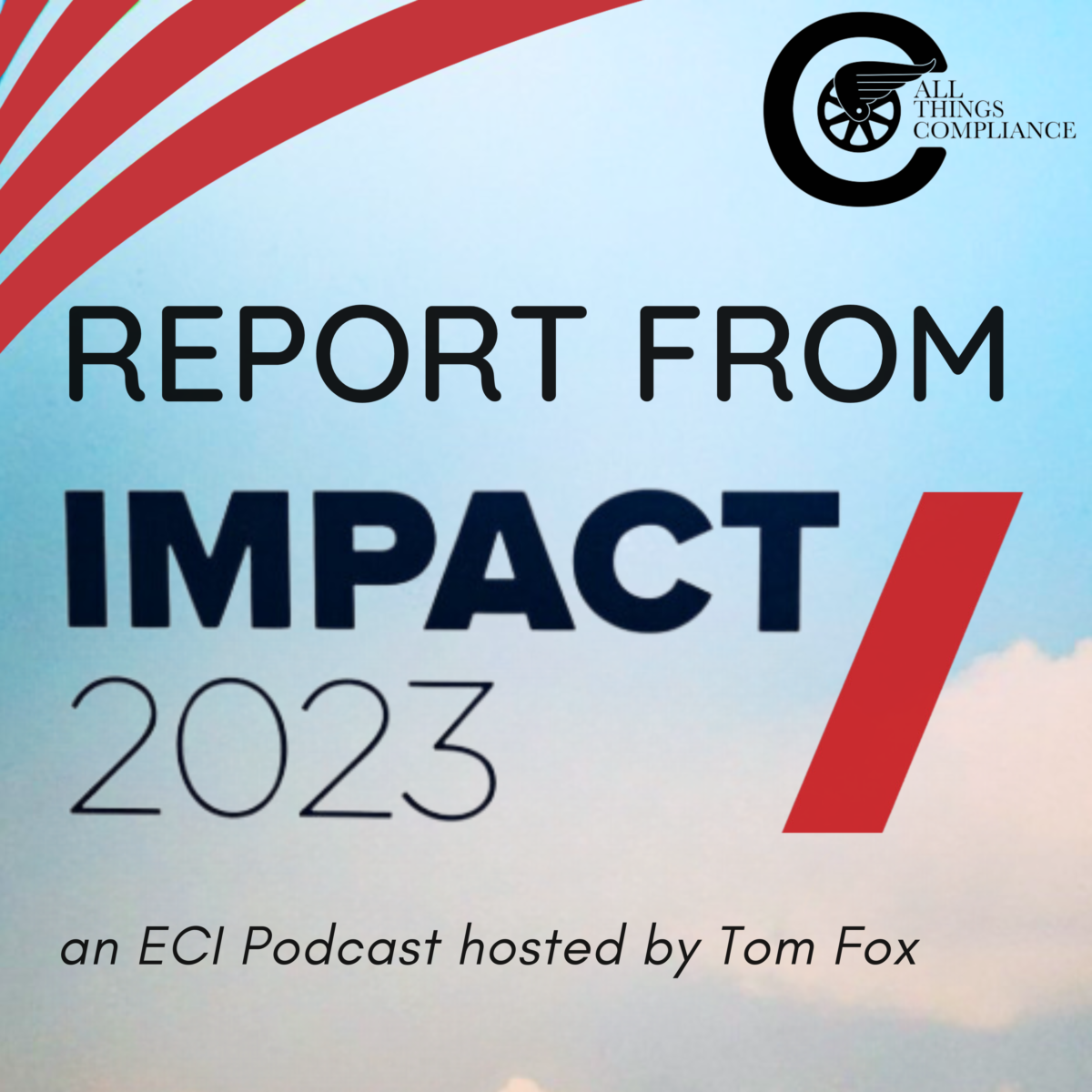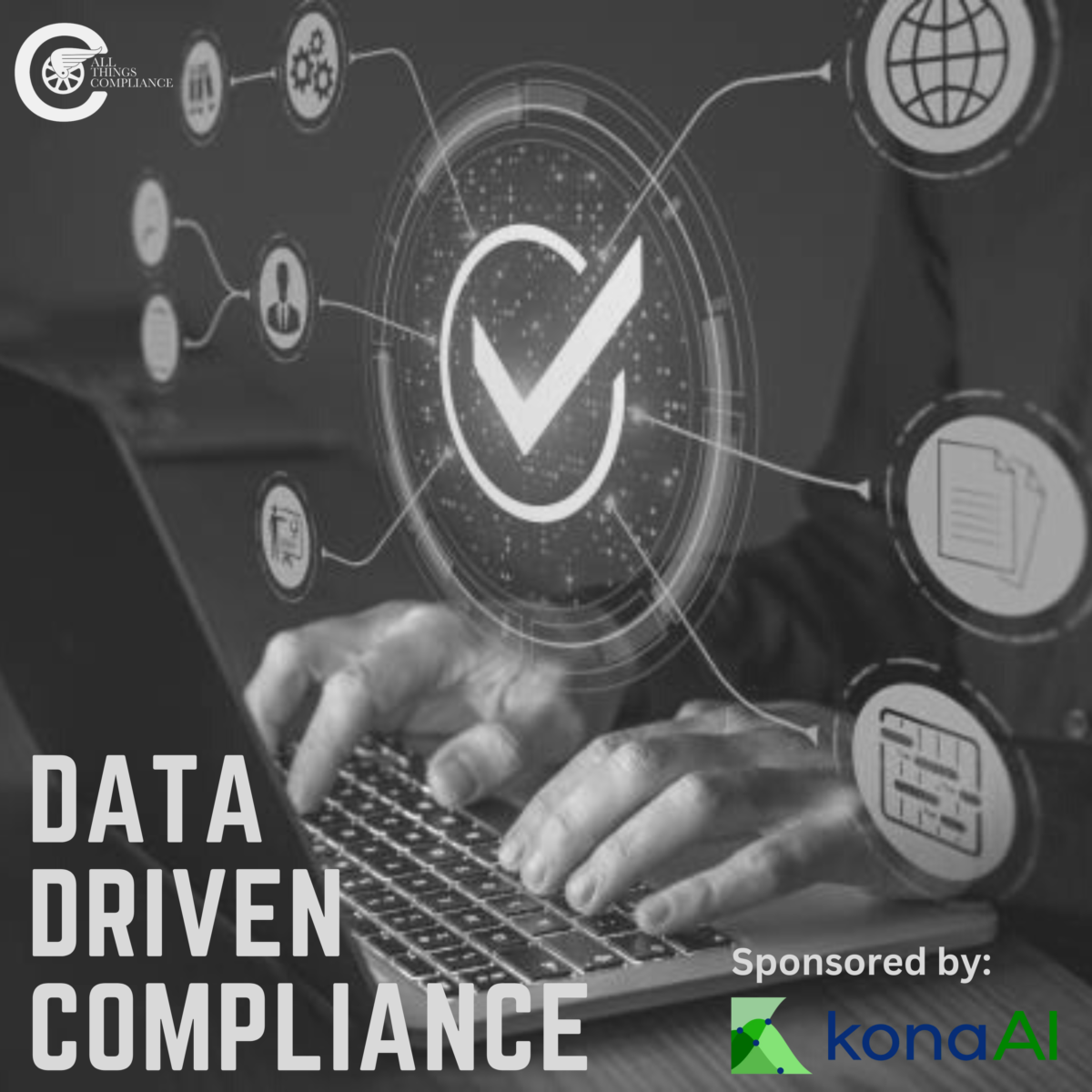When it comes to operationalizing a successful compliance program, HR is an essential part of the equation. HR has many touch points with employees, from interviews to onboarding, and can be used to connect the dots in many divergent elements of a compliance and ethics program. HR can take the lead in operationalizing compliance at each of these touch points, such as pre-employment screening and interviewing, onboarding training, annual assessments and reviews, and promotions to exit strategies.
The Compliance Podcast Network’s One Month to a More Effective Compliance Program provides four steps to ensure an effective compliance program. These steps include establishing a consistent application of disciplinary actions and incentives across the organization, utilizing an incentive system to incentivize compliance and ethical behavior, and providing examples of actions taken, such as promotions and awards denied as a result of compliance and ethical considerations. Additionally, it is important to determine who determines the compensation, including bonuses, as well as discipline and promotion of compliance personnel.
HR can help operationalize a compliance program by getting the message out through their distribution channel. They can also utilize their expertise and talent to more fully communicate compliance concepts. This could include ongoing communications with prospective, newly hired, and seasoned employees about the need for ethical dealings and compliance with company values. It is also important to have a shared commitment requirement found in the commitment of senior management as well as the requirements around incentives and discipline.
The 2023 guidance from the Department of Justice Evaluation of Corporate Compliance Programs listed several HR touch points as best practices for a successful compliance program. These include senior leaders and middle management stakeholders, such as business and operational managers, finance, procurement, legal, and human resources, demonstrating their commitment to compliance and remediation efforts. HR can be one of the linchpins in spreading a company’s commitment to doing business ethically and in compliance throughout the employee base.
Incentive and discipline processes should involve participants in making disciplinary decisions for the type of misconduct at issue. Reasons for discipline should be communicated to employees. Compliance should be operationalized into the very fabric of a business. Have a cup of coffee with the head of corporate HR to find out what they do, how they do it, and what they do on a daily basis. This will help you to better understand how HR can help operationalize your compliance program.
By following the four steps outlined in the Compliance Podcast Network’s One Month to a More Effective Compliance Program, you can ensure your compliance program is successful and that your employees are aware of their responsibilities. HR can be a powerful tool in operationalizing your compliance program, and by utilizing their expertise and talent, you can more effectively communicate compliance concepts and spread the company’s commitment to doing business ethically and in compliance throughout the employee base.
Three key takeaways:
- What are the HR-employee touchpoints at your company?
- HR professionals can bring new, dynamic and innovative techniques to compliance
- Go down and have a cup of coffee with the head of your corporate HR department. Find out what they do and how they do it.
For more information, check out The Compliance Handbook, 4th edition, here.











